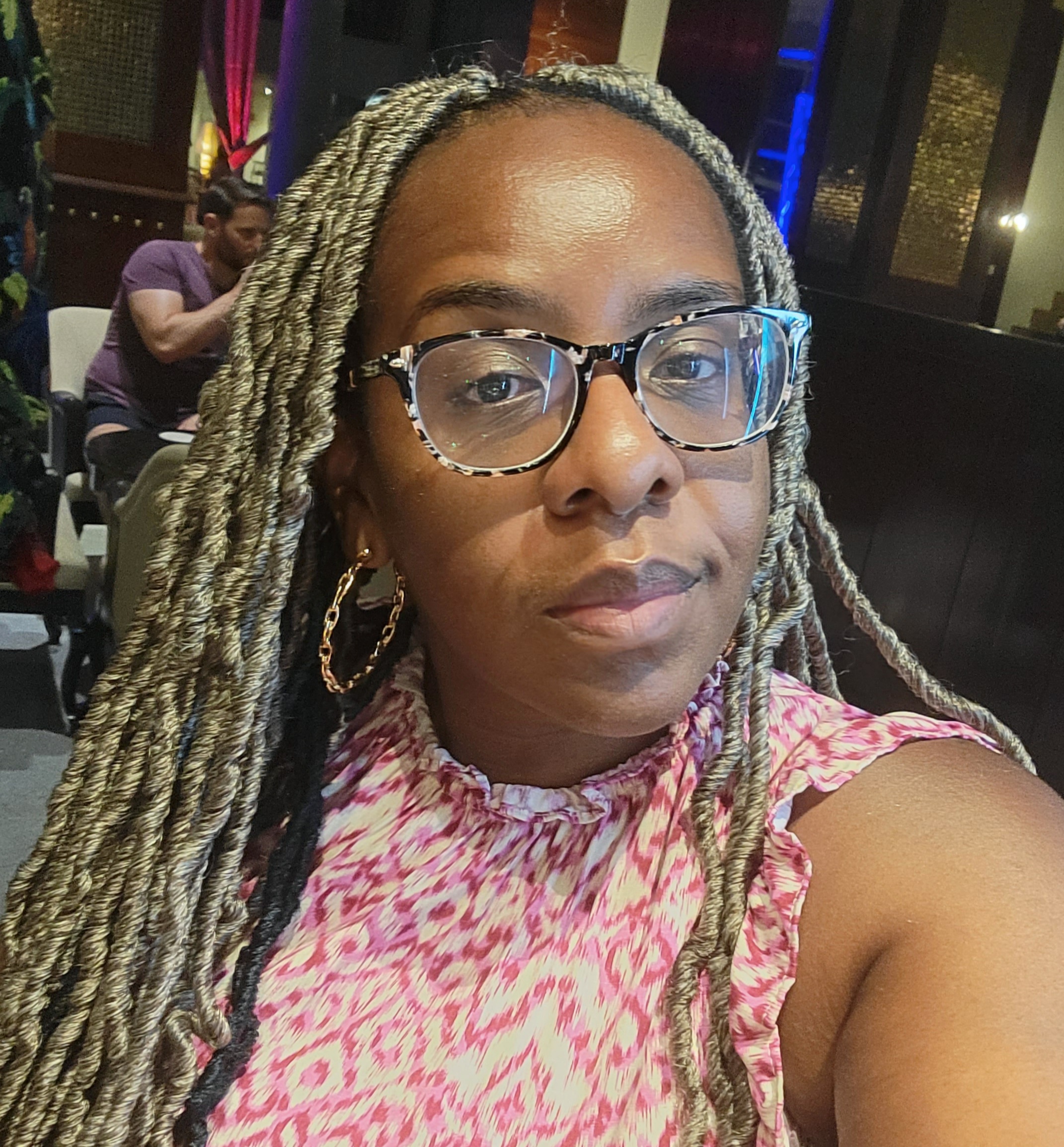Growing up in the 80s and 90s, Dr. Jackie Jakes could not have even imagined the career he has today. That’s because cyber security, his field of expertise, simply wasn’t a thing at the time.
Soon after he joined the military, however, he was introduced to cyber security in one of its most serious real life applications. “I started out as what we call an information system technician, doing traditional IT such as setting up networks. But then as our military networks started to be exploited, I was one of the people that was called upon because our leadership team thought I had the necessary skills and the ability to transition into this new field.
“And it became real and personal for me once I started seeing that people were in effect being killed because of cyber attacks–whether it be an intel report being stolen or a malicious attack. So for me, it really became, ‘Hey, this is something we need to take seriously.’ And that’s when I developed a passion for it.”
While the concept of Cyber Security is nowhere near as foreign to most people as it was when Dr. Jakes got his start, the need for education and exposure around this highly necessary field is as urgent now as it has ever been.
From a consumer’s perspective, online safety is something that we should all be thinking about daily. Every decision we make in our digital lives– from the businesses and locations we tag, to the cookies we accept blindly–could potentially put our personal information at risk.
On a grander scale, however, as the cyber security industry grows and as our dependence on technology continues to shift, so does the importance of identifying the talented minds that will grow along with it and push it to new heights.
In the years since Dr. Jakes was introduced to this field, the sources of inspiration and exposure for potential cyber security talent has grown.
Take, for example, Shikirra Williams, a security analyst at InterDev who is currently pursuing a bachelor’s degree in cyber security at the Western Governors University School of Technology (WST). Her interest in a technology career was sparked by her mother’s career as a healthcare systems analyst.
For WST alum Rashaan Green, the journey towards his current role as a Lead Security Program Manager – Insider Risk at Google started when he was introduced to the analyst character “Chloe” on the popular TV show 24. That may not have made for the most realistic career blueprint–Green says he went into his field of study thinking he would one day “be saving the country from Iran, North Korea, and so on” –but it was enough to light the fire.
As with any other talent or career, once the curiosity is there, the right conditions have to exist to continue to foster and feed that interest. For some, that encouragement has to come in flexible online schedules; something the programs at WST seem to have been built around.
From the ability to fast-track a graduate program and the ability to study remotely while still being able to foster community at a local and regional level; to the opportunity to earn industry certifications as part of your undergraduate coursework that can impact your career in real time, the school’s curriculum clearly takes into account the fact that we can’t always pause certain areas of our lives while we focus on growing in another aspect.
For students who come from underrepresented communities, it doesn’t hurt that the school has recognized and prioritized the importance of visibility too. Because the reality is that, just like in so many facets of the business world, the cyber security industry still suffers from a diversity problem.
“If you liken it to let’s say the NFL and NBA, right? You got a whole lot of African American people involved,” Jakes says, “but not a whole lot of our people are in charge. And as you look at some of these org charts, I’m confident in saying that we need more Black leaders, Black decision makers, and Black and Brown people period. People that are actually making decisions that not only impact cyber security but for our culture as well.”
Green, who has worked for some of the most recognizable firms in the tech space, echoes that sentiment and emphasizes the important role diversity plays at the discovery and recruitment level as well.
“I definitely think having Black leadership at hiring events is important as well, because a lot of Black people don’t necessarily know about the opportunities that exist with skills they may already have. For example, there are a lot of Black people that have military backgrounds that don’t realize how many tech companies there are that are doing government work. I think seeing representation at the leadership level eliminates one of the very first barriers that could discourage candidates of color.”
In other words: this is the sign you’ve been waiting for to step into the future you deserve. Because you’ll be claiming that future for more than just yourself.
Visit here to find out how Western Governors University School of Technology can help you reach that future.

















